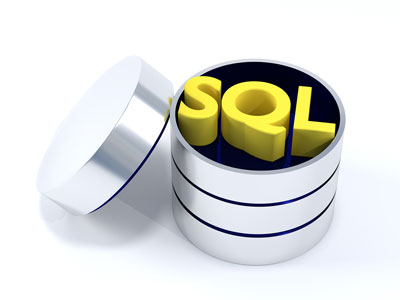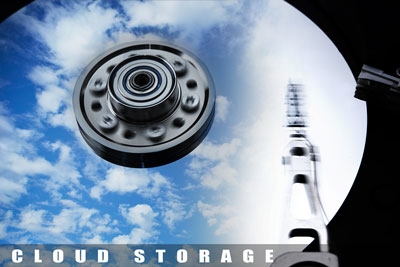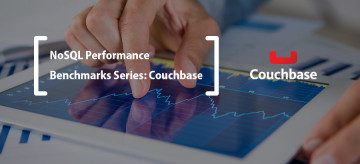- Advertising
- Bare Metal
- Bare Metal Cloud
- Benchmarks
- Big Data Benchmarks
- Big Data Experts Interviews
- Big Data Technologies
- Big Data Use Cases
- Big Data Week
- Cloud
- Data Lake as a Service
- Databases
- Dedicated Servers
- Disaster Recovery
- Features
- Fun
- GoTech World
- Hadoop
- Healthcare
- Industry Standards
- Insurance
- Linux
- News
- NoSQL
- Online Retail
- People of Bigstep
- Performance for Big Data Apps
- Press
- Press Corner
- Security
- Tech Trends
- Tutorial
- What is Big Data
Are You Ready to Rumble? NoSQL and Relational DBs Face Off

Don’t you just love a heated debate among tech geeks? Along with arguments over the rightful place of cloud computing, the merits and risks of BYOD, and how to leverage the IoT, you can sit ringside while database administrators duke it out over NoSQL versus relational databases, usually SQL. Which one is better? Which one best suits your needs? Grab a ringside seat and let’s find out.
When a Traditional Relational Database is the Best Fit

Relational databases are built to handle relational data, that is, structured data that fits nicely in the rows and columns format of a spreadsheet. For example, if you need to store data relative to automobiles with fields like make, model, year, and color, a relational database is ideal. While a relational database can scale to a ridiculously large size, there is a limit, and it can’t be scaled too quickly. There is also a limit to how quickly the database can be queried, although a relational database is about as reliable and consistent in performance as you can get.
When a NoSQL Database is the Best Fit
What relational databases can’t do is store unstructured or semi-structured data sets. For example, relational DB’s are great for table data, but NoSQL is far better for collections of data that have no relation or hierarchy. For any organization that plans to leverage big data, which by nature grows quickly, a non-relational DB is essential. NoSQL is able to handle data like text documents, images, videos, and sensor data. It is predicted that by 2020, there will be 25 billion sensors worldwide, continually delivering streams of data. If your organization plans to leverage the IoT (Internet of Things), a non-relational DB like NoSQL will be essential, because it can scale rapidly and without limits, and can handle data that isn’t necessarily in consistent formats. NoSQL can also access data far faster than a relational database can, meaning it’s preferable for processing things like huge volumes of online transactions.
Why Not Have Both?

Realistically, as the cost of memory and cloud storage continue to go down, there really is no reason to choose between a relational DB and NoSQL. You can continue to leverage the solid performance and predictable nature of your relational DB, while ramping up a big data initiative using NoSQL. If most of your applications and business operations depend on your existing SQL database, there is no reason you cannot build a NoSQL database to begin storing and analyzing things like your Word documents, email archives, presentations, audio files, videos, and other unstructured and semi-structured data.
When it comes to large, unstructured databases, most organizations are turning to the data lake. A data lake is a repository of unstructured data stored in its original, unaltered format. This allows analysts to hold onto all of the organization’s data and pull it as needed for analysis. Bigstep is offering the first ever bare metal cloud data lake, one of the easiest and most affordable ways to store and process your big data. See our products today.
Readers also enjoyed:

Big Data - Use it!


Leave a Reply
Your email address will not be published.